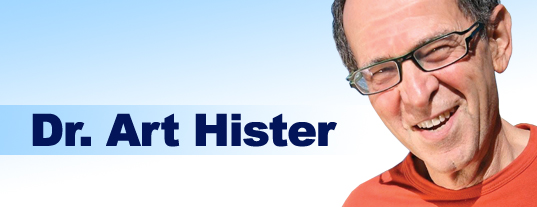
Everyone over the age of 4 (perhaps even sooner in some of us) knows that all our tissues, every part of us, either dries out or falls or shrinks with age.
And I mean every part, without exception, which is why I was not at all surprised to learn that new research from Sweden has determined that even your jaw shrinks with age, and it shrinks in all plains, so that both the length and the width of your jaw goes progressively downwards after the age of 40 .
Yes, it only shrinks by a few millimetres, say these researchers, but that’s also enough shrinkage, they add, to lead to problems with your teeth because there’s just less room in your mouth for all those teeth you started out with to co-habit peacefully, which is yet another reason for many aging people to experience increasing problems with their bite.
And yes, according to these researchers, even people who’ve had their wisdom teeth extracted can experience teeth “crowding” as the jaw shrinks.
No wonder that Golda Meir said, “Growing old is not for sissies.”

